4 Dental Issues Associated With Popcorn Kernels
Whether you're snacking in a movie theater or popping your own microwave bag at home, fresh popcorn is a delicious snack, However, many people can suffer dental issues due to the buttery treat. When you shove a handful of popcorn in your mouth, you may suddenly bite down on a hard kernel or get some kernels stuck in your teeth.
A dentist can help repair and restore your mouth when popcorn problems occur. Learn about the various problems popcorn can cause and how a dentist will help treat the issues.
1. Cracked Teeth
A majority of the popcorn you eat is soft with a slight crunch. Occasionally, you will bite down on a hard kernel. A kernel may be strong and the dense nature of the seed can cause major damage to your teeth. If you chew with your front teeth, you could cause a chip in the teeth.
A majority of people will chew popcorn with the back molars where cracks are possible. The impact of a clenched jaw can result in a cracked tooth when the kernel is positioned just right. If any nerves are exposed in the teeth, then you may suffer extreme pain.
If a tooth does crack, you should see a dentist as soon as possible. A dentist can help fuse together the cracked parts and restore the original shape of the tooth. Other options may include a dental cap or crown to cover the tooth and add extra protection.
A cracked tooth left untreated can not only cause pain but also risk the complete loss of the tooth if bacteria and decay occur.
2. Gum Abscesses
Besides whole kernels, popcorn is filled with fragments of kernels that can cause damage to the mouth. The kernels can cut gums and cause them to bleed. Small pieces of kernels might also get caught in the gums. When kernels get trapped inside, pockets may form, which allows bacteria inside the gums. Excess bacteria may result in a gum abscess.
Signs of a gum abscess may include swollen or red gums. If left untreated, a gum abscess can lead to serious issues and may result in a root canal to help repair teeth. If a kernel remains trapped in the gums, a dentist can perform a deep cleaning. The cleaning will help remove the kernel and any present bacteria.
3. Kernel Burns
When popcorn cooks in the microwave, the moisture inside kernels heat up, create steam, and pop open. When popcorn kernels don't pop, they often remain pressurized and very hot to the touch. Even the popped corn can remain hot. If you don't wait long enough, you could end up burning your gums or the roof of your mouth.
Typically, the burns may heal on their own, but sometimes you may need treatment or antibiotics. If the gums do not heal, you could have an infection risk that a dentist should examine.
4. Tooth Cavities
On its own, popcorn shouldn't pose too many problems for your teeth, but additions to the popcorn can create cavity issues. Flavored popcorn treats with caramel or sugar can get stick to teeth and help create cavities. If flavored popcorn gets stuck to the teeth, then you will expose the teeth to bacteria that feed on excess sugar and risk enamel decay.
Try to brush your teeth shortly after you eat popcorn to avoid the formation of cavities or soft spots.
For more information on our dental services, contact us at Joseph M. Perry, D.D.S. P.A. We will help you with any dental issues you have and restore the health of your smile.







